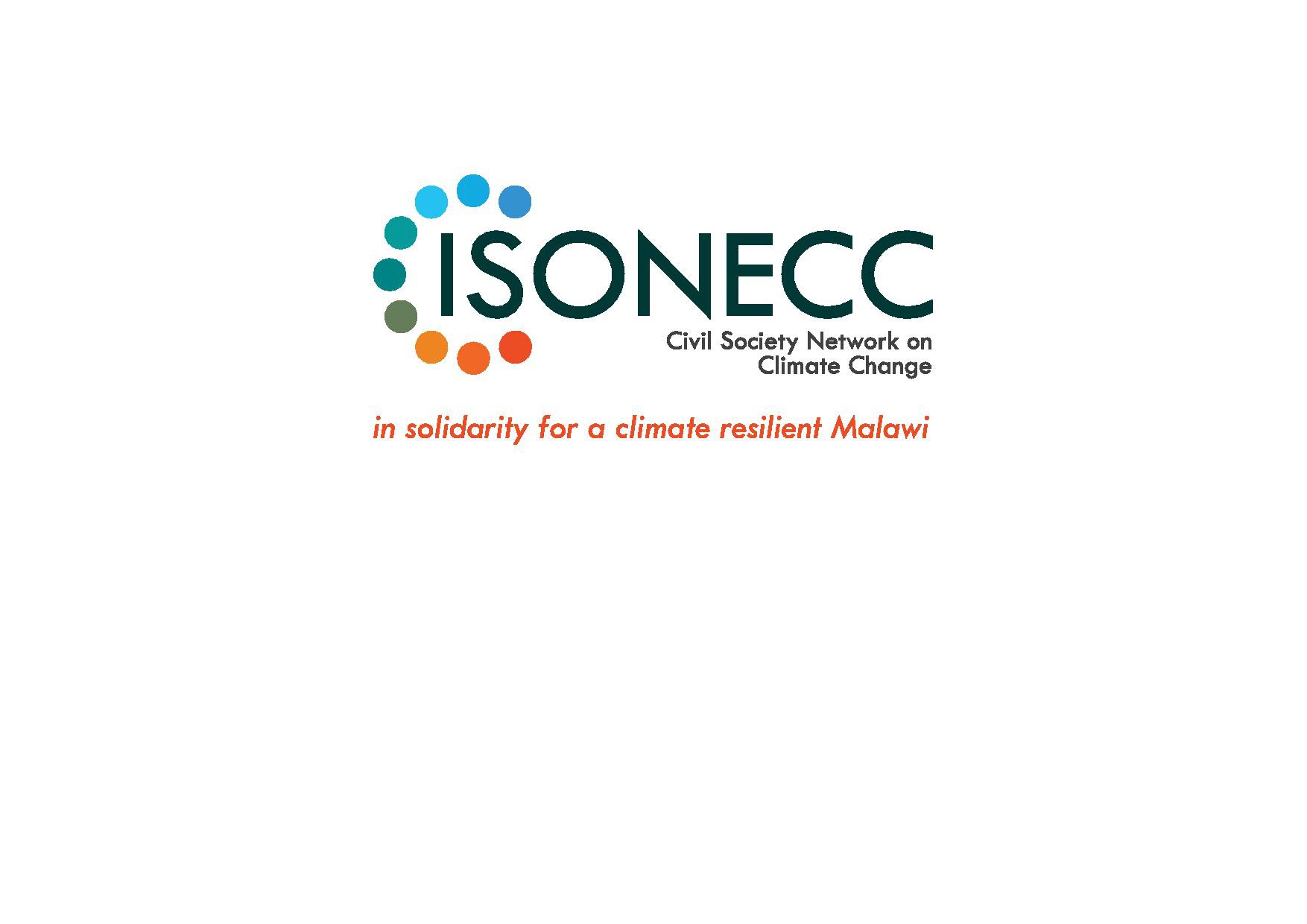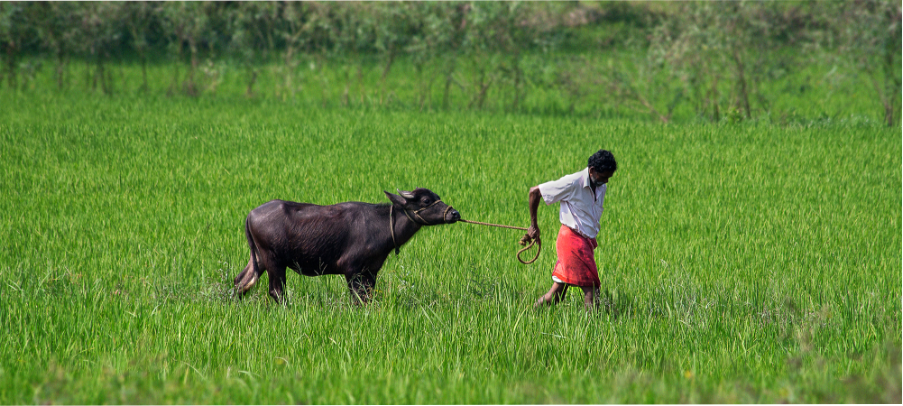Click here to view a recording of this session
There is global consensus on the need for actors and institutions at the local level to lead development, design and implement sustainable and effective adaptation solutions. Providing patient and predictable funding that can be accessed more easily, enabling policy frameworks, and transformative organisational practices are needed to bring about this vision of locally-led adaptation actions. Rich countries are expected to put forward an ambitious delivery plan for climate finance commitment of providing 100bn per year and a doubling of adaptation finance by 2025 to build communities’ resilience. It’s imperative that their contributions of climate finance come on top of their support for development, complementing developing countries’ efforts and investments. The session will seek answers to the central question; How to finance locally-led climate change actions and meaningful participation of all gender groups.
Speakers
Julius Ng'oma
Julius Ng’oma is the National Coordinator for Civil Society Network on Climate Change (CISONECC) in Malawi and has been leading the network since 2014. He leads CISONECC at the national level in different platforms and committees such as Joint National Technical Committee on Climate Change and Disaster Risk Management in Malawi (NTCCC); Expert Working Group on Adaptation in Malawi; Core Team for the development of the National Adaptation Plan in Malawi; and REDD+ Expert Working Group in Malawi. He has represented CISONECC at the International level by serving as Alternate Active Observer to Green Climate Fund representing CSOs in the Global South until December 2019; Member of the Continental Governing Council of the Pan African Climate Justice Alliance (PACJA); focal person for Southern Voices on Adaptation Network in Malawi; and steering committee member for African Coalition for Sustainable Energy and Access (ACSEA) in Southern Africa. He holds an MSc in Environmental Sciences from University of Malawi and a Bachelor of Science in Forestry from Mzuzu University, Malawi. He was also trained by the LEG on development, implementation, monitoring and evaluation of the National Adaptation Planning (NAPs); is a certificated trainer, facilitator and a Champion of Participatory Scenario Planning (PSP) in Africa and an Alumni of Cohort 3 of the African Group of Negotiators Program on Climate Governance Leadership and Negotiations.
Eva Schreuder
Eva Schreuder is a diplomat and foreign policy professional with experience in a broad range of topics, including international justice, human rights, migration affairs and climate change. Eva is currently deputy head of the climate team at the Ministry of Foreign Affairs and deputy head of the NL delegation to the UNFCCC negotiations. Within the negotiations, Eva has a special focus on climate finance.
Mathilde Bauwin
Mathilde Bauwin is the Head of Knowledge Management - ADA (Luxembourg). She is responsible for the collection, creation and management of knowledge on several topics, such as social performance, green microfinance, alternative finance for micro and small entrepreneurs, etc. She also works on project evaluation and the design and implementation of an impact measurement system within ADA. As an SPI4 qualified auditor, she evaluates the social performance management of some of ADA's partners.
Before joining ADA in 2017, she worked at the French NGO ADICE as a project officer focusing on the socio-professional integration of disadvantaged youth, and then at the Tunisian microfinance institution Enda *Inter-Arab as a research officer.
She holds a PhD in economics and two master's degrees in political science and development economics.
Dr. Bimal Raj Regmi, Nepal
Dr Bimal Raj Regmi is a climate resilience and natural resource management expert with more than 21 years of experience supporting national and local climate change adaptation priorities in Nepal. He has done his PhD on climate change adaptation in Australia and published several articles on locally-led adaptation. Dr Regmi has played a crucial role in assisting the GON to establish a strategic roadmap toward climate resilience and green growth through a dozen policy and institutional reforms. He has made significant contributions to the development of Nepal’s national framework on Local Adaptation Plans of Action (LAPA), Climate Change Policy, National Adaptation Programme of Action (NAPA), Long term strategy on net zero emissions, National framework on Loss and Damage (L&D), and Nationally Determined Contributions (NDC). He currently serves as Team Leader for UKAID’s Policy and Institutions Facility (PIF).
Willy MISSACK, Vanuatu
Willy MISSACK is the Founder and Executive Director of Learn to Serve Vanuatu. He is also a Secretariat Advisor for Vanuatu Climate Action Network. He is also a Queen Young Leader From Vanuatu & Royal Commonwealth Society Associate Fellow.

CARE International works in 100 countries, helping millions of the world’s poorest people find routes out of poverty and achieve social justice.
www.care-international.org/

ADA is a Luxembourgish non-governmental organisation that strengthens the autonomy of vulnerable people by leveraging inclusive finance to improve their living conditions.
https://www.ada-microfinance.org/

Civil Society Network on Climate Change in Malawi (CISONECC) is a Network of national and international NGOs in Malawi working on Climate Change and Disaster Risk Reduction. It aims to coordinate civil society organizations and influence the desired change in climate change and disaster risk management-related policies, practices and attitudes through research, advocacy, model projects, networking and capacity building.
www.cisoneccmw.org








